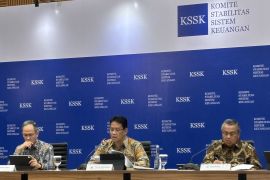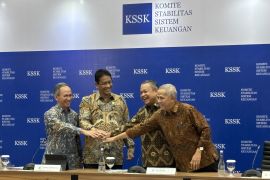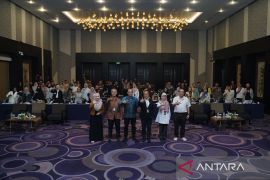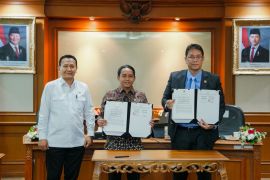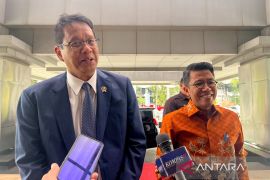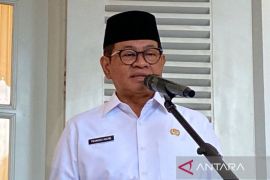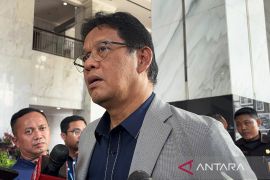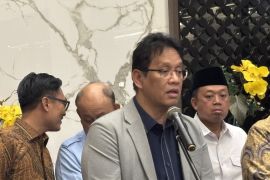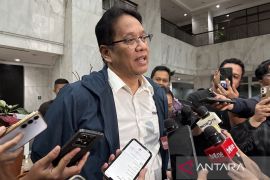Febrio Kacaribu, head of the ministry's Fiscal Policy Agency (BKF), noted on Tuesday that the 2nd ITF serves as an important forum for diplomacy and coordination, featuring bilateral meetings with Indonesia's strategic partners.
He believes the forum will significantly contribute to effective international tax cooperation.
"In this forum, robust and sustainable policy recommendations can be developed to navigate the complex issues in international taxation," he said.
He affirmed that the collaboration would push Indonesia towards a fairer and more efficient global tax system.
Finance Deputy Minister II Thomas Djiwandono, who attended the event remotely, pointed out two global economic challenges in his remarks.
The first aspect highlighted by Djiwandono was the rapid development of digital technologies, which makes it easier for multinational companies to operate across countries and earn significant income without the need to be physically present in their market countries.
Secondly, he noted challenges related to the international tax system, where competition in tax rates encourages practices like Base Erosion and Profit Shifting (BEPS).
To address this, he explained that countries participating in the Inclusive Framework (IF) on BEPS have agreed on the Pillar 2 solution, which includes the Global Minimum Tax and Subject to Tax Rules (STTR).
The Global Minimum Tax has been implemented in over 40 countries, such as Vietnam, Australia, Japan, South Korea, the European Union (EU), and several others.
On September 19, 2024, Indonesia and several other countries signed the STTR Multilateral Instrument (MLI).
"If Indonesia does not implement Pillar 2, then the potential tax will be taken by other countries," Djiwandono stated.
Related news: Next finance minister crucial for Indonesia's revenue target: Indef
Related news: Tourism minister supports proposal eliminating airline ticket taxes
Translator: Rolandus N, Kenzu
Editor: Tia Mutiasari
Copyright © ANTARA 2024


